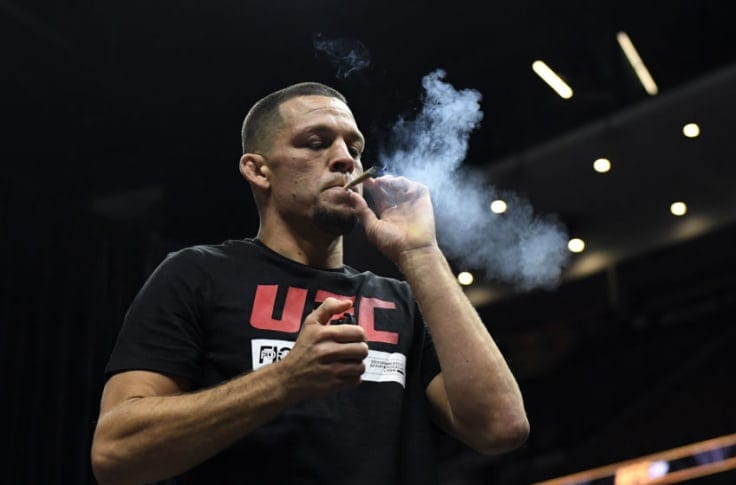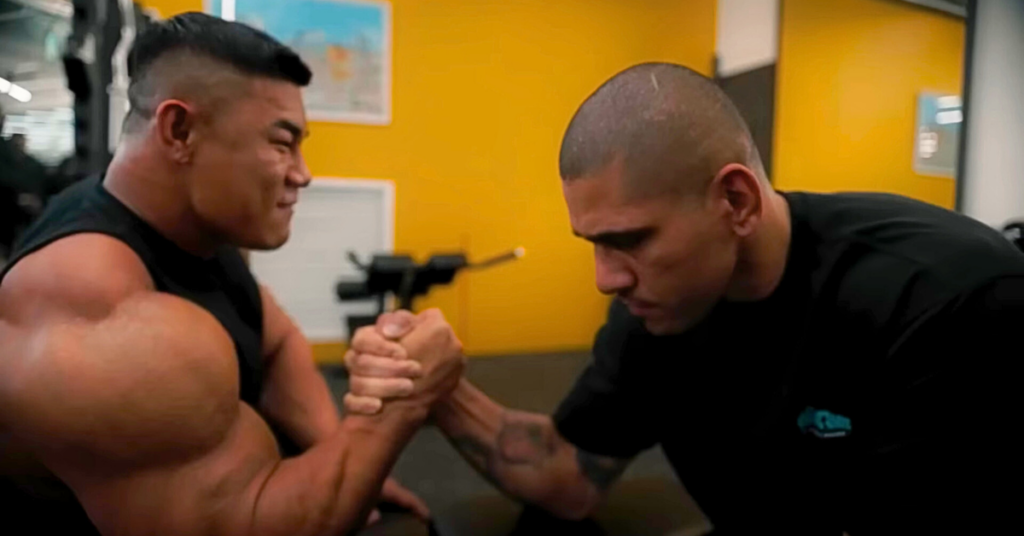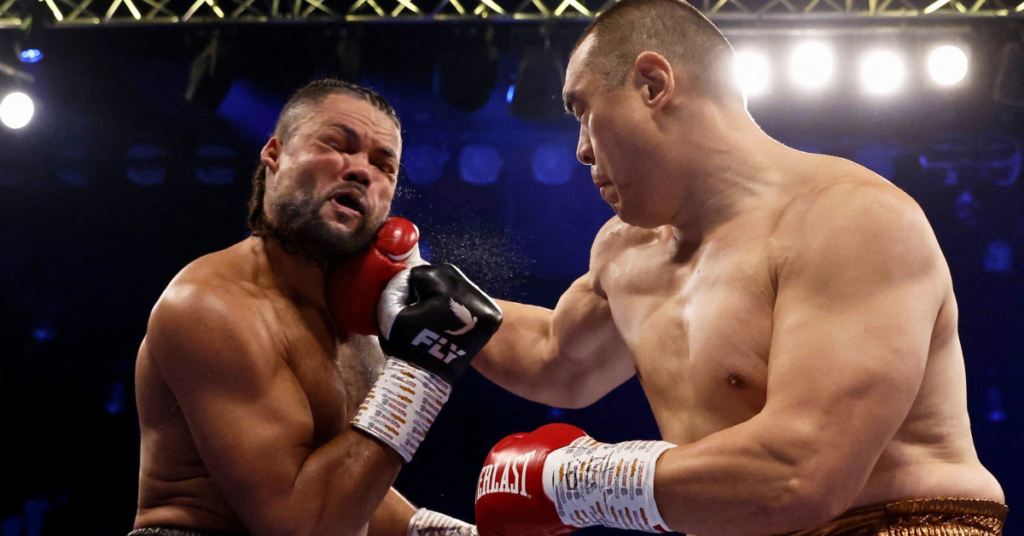UFC, USADA Remove Marijuana From Violation In Anti-Doping Policy Change

The UFC, along with anti-doping agency, USADA have made quite a significant, well overdue change to its anti-doping policy this afternoon.
Per a press release from the United States Anti-Doping Agency in conjunction with the Ultimate Fighting Championship, a positive test for marijuana will no longer result in an anti-doping violation, even if the amount present in the previous test limit is above the previous threshold. In a welcome modification for many athletes under the UFC’s banner, the psychoactive ingredient present in marijuana, carboxy-THC will no longer result in a flag for a test sample. Carboxy-THC is the main secondary metabolite of tetrahydrocannabinol, which is formed in the body after cannabis is consumed. For more information on tetrahydrocannabinol and other cannabinoids associated with the cannabis plant, Zamnesia features in-depth guides on the plant science, genetics, and other topics relating to cannabis science
Releasing a statement ahead of the promotion’s triple-header return to ‘Fight Island’ which kicks off this weekend with UFC Fight Island 7 — USADA detailed how a positive test for marijuana will no longer result in a flag, “unless additional evidence exists that an athlete used it intentionally for performance-enhancing purposes.“
“While we want to continue to prevent athletes from competing under the influence of marijuana, we have learned that blood and/or urine levels of carboxy-THC have little-to-no scientific correlation to impairment,” UFC senior vice president of athlete health and performance Jeff Novitzky said in a statement released this afternoon. “THC is fat soluble, meaning that once ingested, it is stored in fatty tissues and organs in the body and can be released back into the blood or urine, sometimes long after ingestion.“
Novitzky detailed how when it comes to marijuana use from the promotion’s athletes, USADA and the UFC are now more concerned with usage during the day of a fight rather than usage which may have occurred days or weeks prior to competition.
“The bottom line is that in regards to marijuana, we care about what an athlete consumed the day of a fight, not days or weeks before a fight, which has often been the case in our historic positive THC cases.“
Novitzky continued and noted how after discussions with athletes, the main use of marijuana came with combatants who were experiencing anxiety, sleeping issues, as well as pain and discomfort.
“Based on my informal discussion with athletes, there’s a significant number of percentage of athletes that choose to use marijuana, many for legitimate reasons outside of recreational,” Novitzky said. “Many use it for pain control, anti-anxiety, to sleep, in lieu of more dangerous, more addictive drugs, so hopefully this being the first step in opening that up so that an athlete on Wednesday night of fight week instead of going to a Vicodin because their knee hurts and they can’t sleep can use a little bit of cannabis and get to sleep and have that pain control. It has no effect whatsoever on a competition on Saturday night, so it’s the right move, and I’m really excited about this revision and the specific policy change.“
Finally, Novitzky detailed how the anti-doping agency is currently in discussion with numerous athletic commission in the hope to make the revision to the anti-doping policy a uniform revision across the board.
“I would caution everybody to temper their enthusiasm about this because we still have the commission factor here, but we are actively working on that,” Novitzky told MMA Junkie. “We are educating, informing, lobbying them, and I hope not too far in the near future that we can get uniformity across all the rules as it relates to marijuana because I think it would certainly be a benefit to athletes.“






